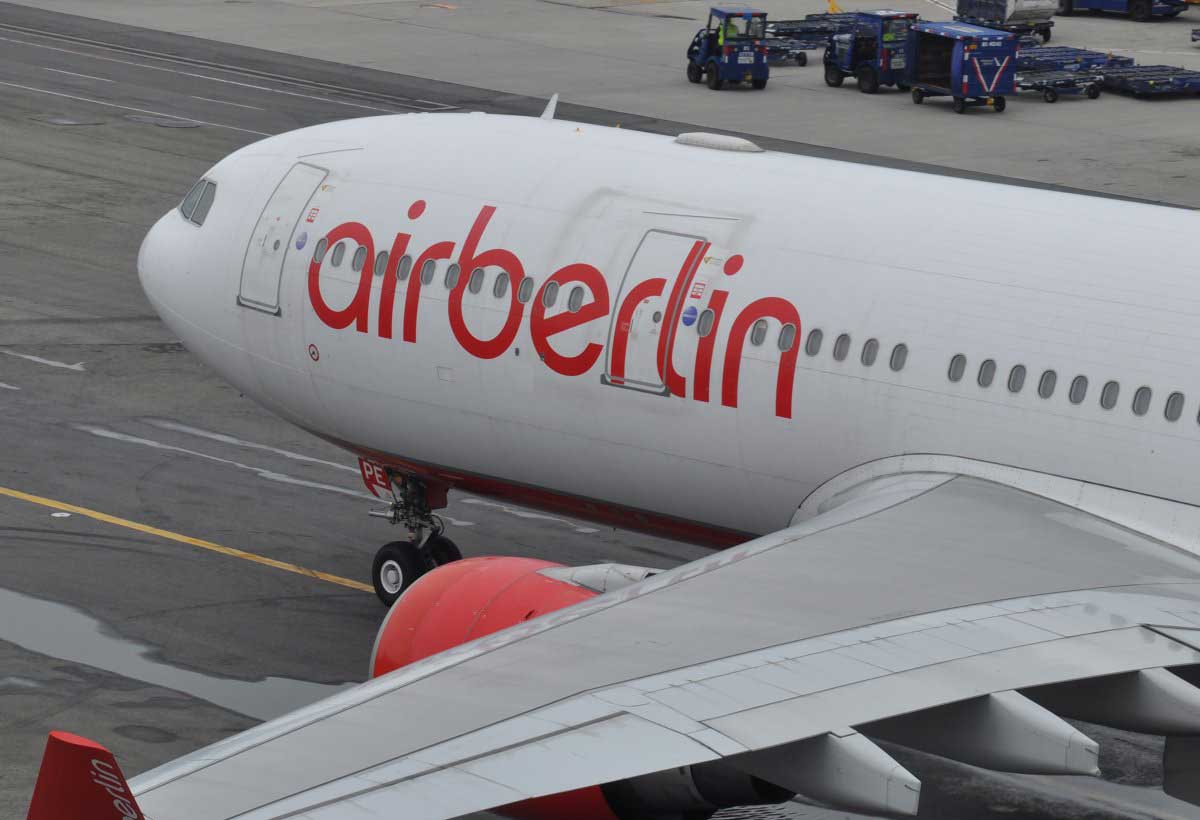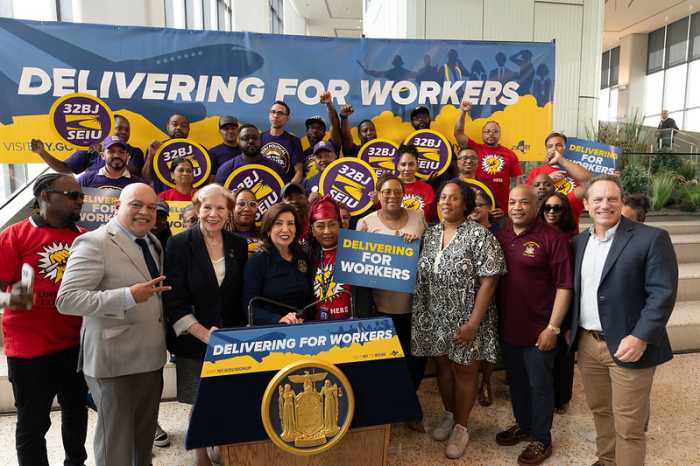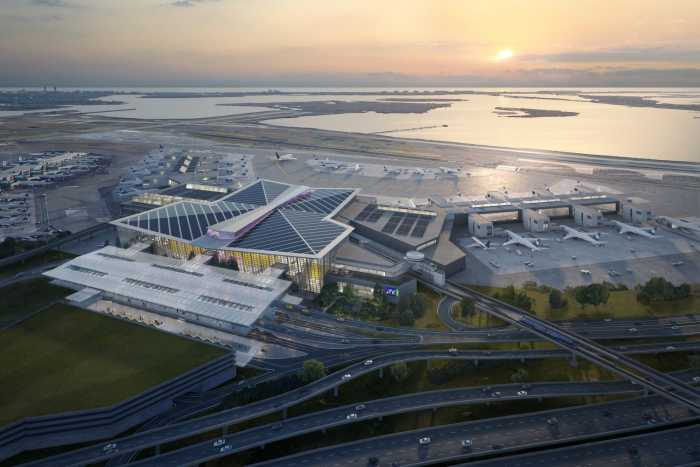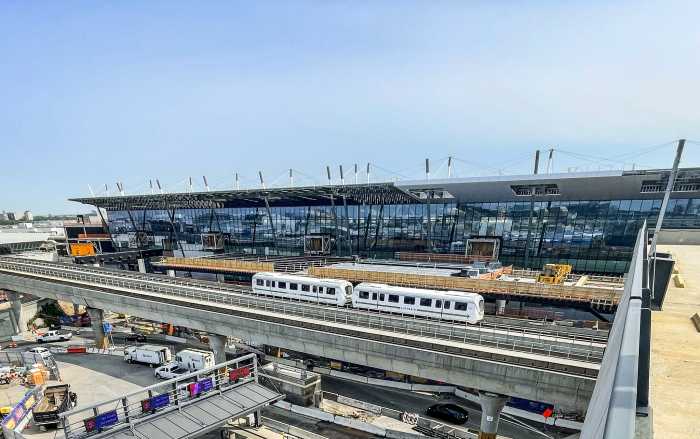Cargolux has signed a cooperation agreement with Japan’s Nippon Cargo Airlines (NCA) that allows both partners to access each other’s capacity through code-share and space swap agreements. The Luxembourg all-cargo carrier now has access to NCA’s flights from Frankfurt-Hahn to Tokyo (Narita) while NCA has access to Cargolux’s flights from Luxembourg to Narita. “This is a major milestone in Cargolux’s operations to Japan, which, traditionally, has been an important market for Cargolux,” said the company in a statement.
JD known for its powerful drone products is now considering going into the traditional air freight business. The China Post reports that JD.com head of logistics planning and development Bill Fu Bing told reporters that buying its own planes and building its own airports was “something we are looking at”. “I can only say aviation will be important for logistics in the future,” the Post reports him as saying. The move would mirror that of Amazon, which set up its own fleet of aircraft in 2016 to meet demand growth in the US while developing its own drone delivery. Let the drone wars begin.
Air France KLM Martinair Cargo is ready to roll, roll out that is, the ‘WHAT COUNTS’, a cutting-edge 24/7 easy-to-connect service with custom-made offers and a blue credit loyalty program scheme designed for its SEM customers. “WHAT COUNTS offers our customers’ my Cargo-a unique digital portal where our customers can manage their bookings 24/7. It comprises a range of services, such as Quote Book, Notify Me, Track Trace, and claims, to name a few,” stated GertJan Roelands, vice president Europe.
“So, our customers can now receive blue credits for both their cargo and passenger flights when they book Air France and KLM. These blue credits can be spent on airline tickets, thereby presenting our customers with a way to further reduce their travel costs,” he said.
Worldwide Flight Services’ (WFS) commitment to safety, security, innovation, service and the local community has earned it Miami International Airport’s (MIA) ‘Cargo Handler of the Year’ award for the third consecutive year. The annual award winner is chosen on the basis of its use of technology and innovation, its economic impact and job growth, awards and industry certifications, and community involvement. Company nominations are judged by senior executives from Miami International Airport, the Chamber of Commerce, Beacon Council and professionals from the aviation industry.
Amazon Air appears to be the new name of the partnership between Amazon Prime and Atlas air freight operations. Amazon Air’s fleet is currently 32 Boeing 767 planes, many bearing the Amazon Air livery. Twenty planes are operated by Air Transport International and the other twelve more are under the Atlas Air’s umbrella. More are being converted to cargo freighters to be operated by Atlas Air.
All 40 planes that Amazon envisioned at the time of the cargo air operation’s launch in August 2016 are to be in service by the end of 2018. Representatives of the union representing pilots at Atlas and Air Transport fear that the fast growth may lead to a labor issue possible a work slowdown. But this fear and labor rumblings have been expressed before and likely will continue as the fleet grows.
Amazon, as a large logistics company, created a cross ocean alliance with a number of participants as it sought to improve the processes for bringing imported products to China. The alliance brings together brands, industry leaders and freight and transportation companies, including Wal-Mart, Huggies, Danone, Sasa, Rakuten, eBay, Kuehne+Nagel, Agility Logistics and the China Inspection and Quarantine Association. It will be interesting to see how the impact of anticipated drone delivery will fit into this large freighter operation and how FedEx and UPS will counter this type of delivery.
The JFK Airport US Post Office handles 40% of all the international mail in the country on a regular basis. E-commerce and e-packs are a huge part of that business. Overseas carriers are contributing to this volume especially during the holiday season. Lufthansa Cargo had temporarily expanded its freight capacity for Deutsche Post AG, for the Frankfurt to NY route because of the enormous volume of holiday shipments between Germany and the United States. That adds up to six additional Atlantic crossings in each direction – exclusively for Deutsche Post, and “especially in the service of Santa Claus,” the carrier said. “In the six weeks before Christmas in particular, our airmail and e-commerce product is in great demand for packages sent on short notice and deadline-sensitive shipments,” said Alexis von Hoensbroech, chief product and sales officer at Lufthansa Cargo.
In 2018 IATA will likely bring a pilot program for CEIV-Live Animal to the cargo world. IATA’s head of special cargo, Andrea Gruber said the IATA certification live-animal CEIV certification would enhance IATA’s current Live Animals Regulations (LAR), which require that everyone who transports, accepts, handles or loads animals need be familiar with the specific needs of the individual species, ensuring that animals remain safe and healthy in humane conditions.
Here at JFK, The Ark handles horses in the most modern facilities. It is not known whether the Ark has already obtained this certification but its facilities are operated in the highest professional manner and the handling of horses with its custom designed trailers and modern stalls will likely be imitated by other large airports.
JFK Airport had lost its cargo luster over the years. Ask many cargo companies and they will complain about high rents, fees and long waiting times. However, both the Port Authority and New York City’s Committee on Economic Development have stepped up and working to solve problems, increase working area, and modernize.
NYC Council Member Dan Garodnick pointed the finger at underinvestment in the region’s airports saying that, “many of the cargo facilities at JFK airport are over 40 years old and in dire need of renovation and modernization.” NYC held hearings to address that slow decline and the committee discussed ways to improve cargo operations and grow volumes across all of NYC’s regional airports, which have struggled to keep pace with global demand for air cargo over the last couple of decades.
But change is on the way. The Port Authority and Aeroterm have recently come up with a large, modern new cargo area in which Worldwide Flight Services will play a large role.
Governor Cuomo’s strong support for airport investment in both passenger and freight infrastructure will again put JFK Airport in the top spot for handling more of the country’s freight in the years to come.




































